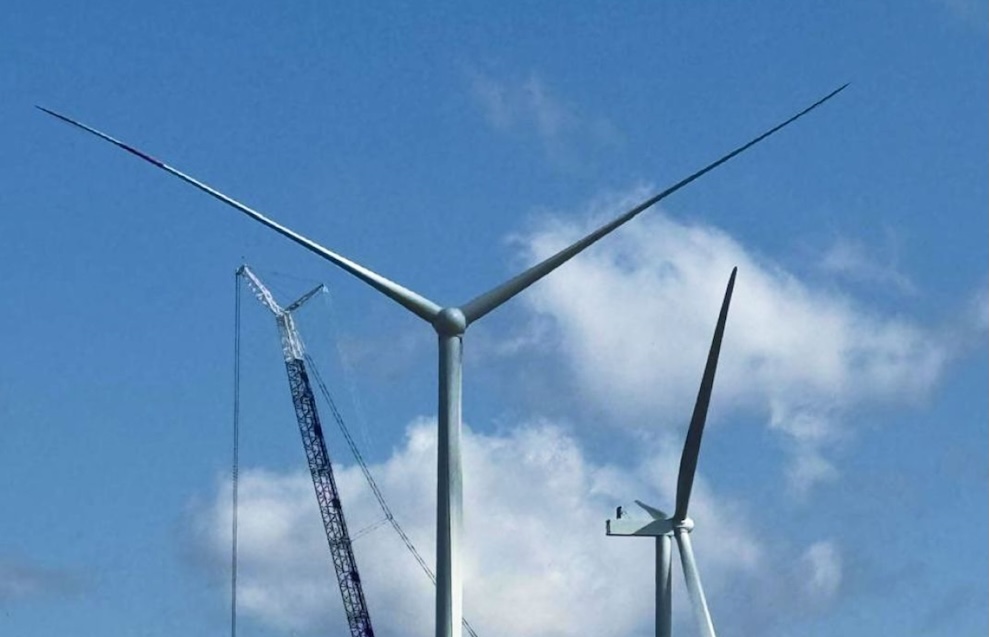Libya has commenced drilling a new natural gas well, signalling its intent to boost production, secure domestic supply, and reinforce its role as a key energy supplier to global markets.
The project comes at a time when international demand for natural gas is surging, particularly in Europe, which is seeking alternatives to Russian energy.
Immediate Impact
The new gas well, managed by Libya’s National Oil Corporation (NOC), is designed to increase production volumes in one of the country’s most promising fields. Although official output estimates have not yet been disclosed, similar wells in the region produce tens of millions of cubic feet of natural gas daily.
This development is expected to stabilize domestic electricity supply where blackouts have often plagued Libyan cities and provide new export opportunities. For a country where more than 90% of government revenue relies on hydrocarbons, the project signals both economic relief and renewed investor confidence.
Also read: Where Does Nigeria Stand Against Algeria, Angola, and Mozambique in Energy Development?
Strategic Timing Amid Rising Global Demand
The drilling comes at a critical time for global energy markets. Natural gas prices remain volatile due to supply disruptions in Eastern Europe, while demand for liquefied natural gas (LNG) in Europe and Asia continues to rise. Libya’s geographic proximity to Europe gives it a natural advantage as an energy supplier.
By increasing natural gas production, Libya positions itself to capture part of Europe’s diversification strategy. This could translate into long-term supply agreements, new export infrastructure projects, and stronger economic ties with European states eager to secure reliable energy sources.
Who Is Behind the Project?
The well is spearheaded by the National Oil Corporation (NOC) in collaboration with international partners. The NOC, responsible for overseeing Libya’s oil and gas industry, has been steadily working to restore production capacity after years of disruption caused by civil conflict.
Foreign contractors have also been brought in to provide technical expertise and modern drilling equipment. This combination of domestic oversight and international support not only boosts the well’s chances of success but also strengthens Libya’s energy partnerships.
Where the Drilling Is Taking Place
While the exact site has not been disclosed for security reasons, the drilling is being conducted in a gas-rich basin where Libya already has established infrastructure. The proximity to existing pipelines and export terminals makes the project logistically efficient and financially viable.
This strategic location ensures that once production begins, the gas can quickly reach both domestic markets and export routes particularly through Mediterranean ports that connect directly to European buyers.
Why This Well Matters for Libya’s Economy
The project has both domestic and international significance:
- Domestic Supply: Libya has long faced challenges in meeting its electricity demand. Natural gas is vital for powering thermal plants, and increased supply could reduce outages and stabilize the grid.
- Export Potential: Natural gas exports provide a critical revenue stream for the government. The new well helps diversify income beyond crude oil, which has historically dominated the sector.
- Investor Confidence: Successful projects attract further foreign investment, crucial for rebuilding the country’s infrastructure and diversifying the economy.
Risks and Challenges Ahead
Despite the optimism, several risks could affect the success of the project:
- Security Concerns: Libya’s political instability remains a major challenge. Armed groups, shifting alliances, and governance disputes could disrupt operations.
- Operational Delays: Drilling projects often face technical setbacks, cost overruns, or delays in equipment delivery.
- Market Volatility: Natural gas prices are unpredictable. A sudden downturn could reduce the project’s profitability.
- Environmental Concerns: As global energy systems shift toward renewables, Libya will need to balance fossil fuel expansion with environmental responsibility.
Libya is not alone in expanding its gas exploration. Neighboring Algeria has ramped up production and signed new supply deals with Italy and Spain, while Egypt continues to position itself as a regional gas hub through LNG exports.
By drilling this new well, Libya is signaling that it intends to remain competitive in the North African gas race. Its success will depend not only on the geology beneath its soil but also on political stability and effective governance above ground.
Data Points to Watch
- Production Capacity: How much gas will the well yield daily?
- Timeline: When will production begin, and how soon will exports follow?
- Revenue Impact: What share of government income will gas exports contribute compared to oil?
- Partnerships: Which foreign companies will continue to invest in Libya’s gas sector?
Also read: Why Kenya’s Turkana Oil Still Lies Underground 13 Years After Discovery
FAQs
- Why is Libya drilling a new gas well now?
To increase domestic supply, stabilize electricity generation, and expand exports amid rising global demand. - Who is leading the project?
The National Oil Corporation (NOC), with technical support from international partners. - Will this help reduce power outages in Libya?
Yes, increased natural gas supply will improve electricity production capacity. - How does this benefit Europe?
Europe is seeking alternative gas suppliers, and Libya’s proximity makes it an attractive partner. - What challenges could delay the project?
Political instability, security risks, technical delays, and global price fluctuations.















